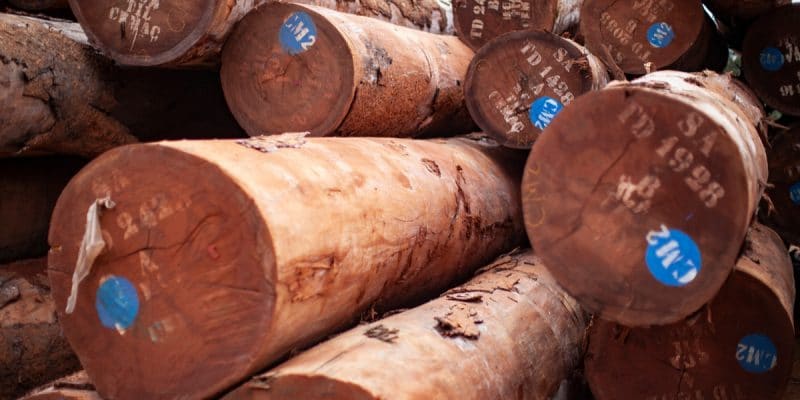The participants of the 13th Forum on Forest Governance (FGF), held on 23 and 24 May 2022 in Brazzaville in the Republic of Congo, deplore the opaque management of the Congo Basin forests. This situation is detrimental to the climate as well as to the respective economies of the countries of the Central African sub-region.
The 13th Forum on Forest Governance (FGF) ended on 24 May 2022 in Brazzaville, Republic of Congo. At the end of the two-day event, forestry stakeholders, government representatives and experts took several decisions ranging from strengthening the traceability of timber to protecting the living environment of indigenous forest communities.
The participants especially denounced the opaque management of forest resources. “We think it is important to make information available on everything that happens in the forestry sector. The contracts, the titles that are awarded, the material from which the revenues are collected and redistributed for the development of the communities. That’s all the information we need to be able to get involved in monitoring our forests,” explains Justin Kamga, the programme officer of Forêts et développement rural (Foder), a Cameroonian non-governmental organisation (NGO).
Illegal timber costs more than US$245 million a year
Traceability of forest management is urgently needed in Central African countries (Cameroon, Gabon, Central African Republic, Equatorial Guinea, Republic of Congo, and Democratic Republic of Congo). According to figures published in 2017 by Interpol’s regional office for Central Africa, the countries of the sub-region as a whole lose about $245 million, or 150 billion CFA francs, to the illegal timber trade each year.
According to the NGO Greenpeace, China is the main destination for illegal timber in the Congo Basin, importing around 3 million m3 of logs per year. Unlike the European Union (EU) or the United States of America, there is no law banning the import of illegal timber in China. This is why the Forum is calling on the Asian giant’s companies to respect the forestry laws of Central African countries. Their logging methods are sometimes criticised for not respecting the environment and the rights of local communities.
Read also-DRC: Government suspends 12 illegal logging concessions
The thirteenth forum on forest governance in Brazzaville also aims for the countries of the region to clarify their position on the protection of the environment and the climate emergency, in view of the COP27 on climate, which will take place from 7 to 18 November 2022 in Sharm el-Sheikh on the Red Sea in Egypt.
Boris Ngounou





